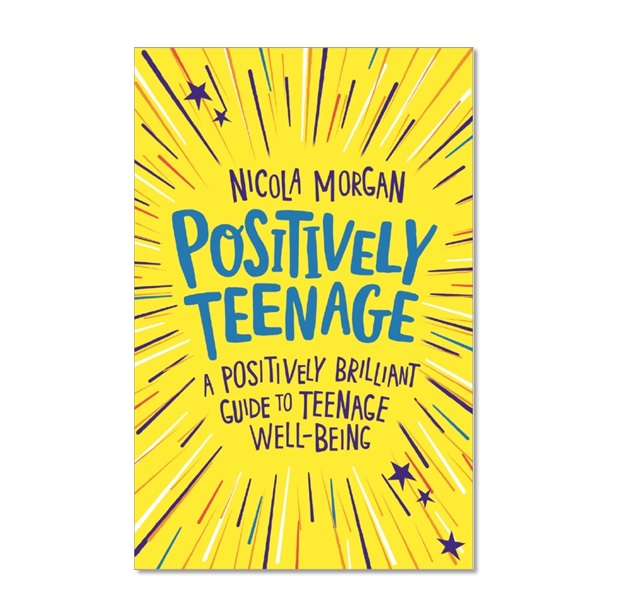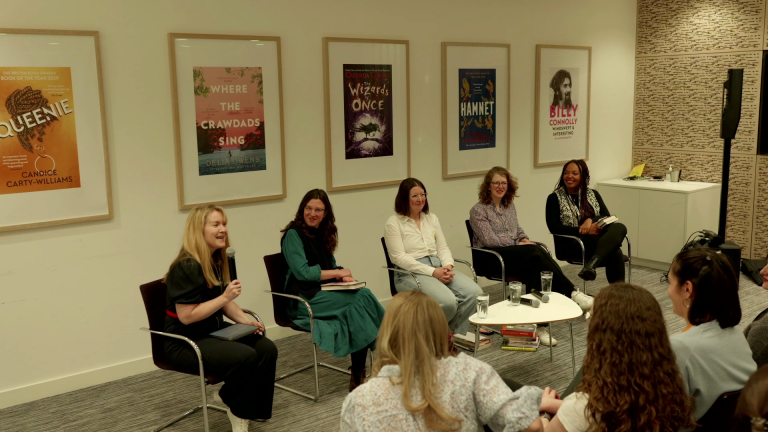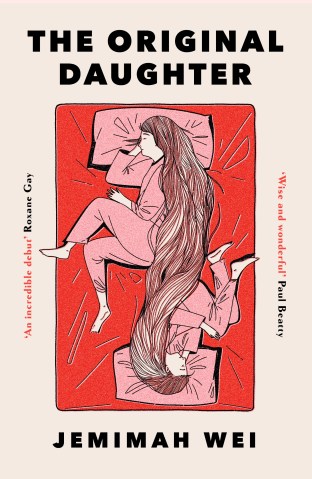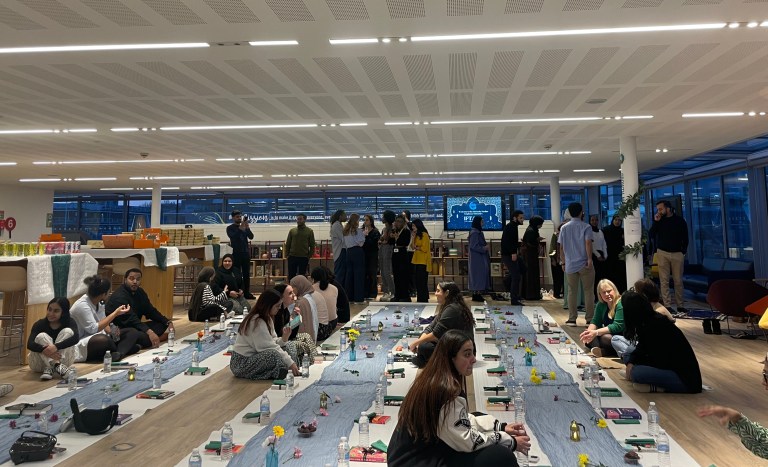How to be Positively Teenage even during exams! By Nicola Morgan

A guest post from Nicola Morgan with some practical strategies for fostering good mental and physical health during the stressful exam period. Nicola is an international expert on teenage brains and wellbeing, and author of Positively Teenage.
Positively Teenage aims to arm young people with the knowledge, self-awareness, inspiration, motivation and strategies to have the best possible well-being during their teenage years. But we all know that one of the main challenges to that comes from exams.
We had exams “in our day”, too, but it’s on a different level now. More exams and more public ones, more continuous assessment and therefore more pressure, and far, far higher stakes because exam grades are explicitly and constantly linked – falsely! – to life success. The pressure to get golden grades is intense. It comes from government, from schools, from parents, from the media (all those ecstatic pics of top grade-scorers each year) and from the students themselves, many of whom are desperate to achieve better than they realistically can. A thorny hedge of pressure and anxiety has grown up around young people today and one of the most impenetrable root causes is in that word: exam.
In the Q&A session of a talk I did at The Edinburgh International Book Festival one year, a girl of about 11 put her hand up. ‘What can I do about the fact that every time someone says the word “exam” my stomach just scrunches up inside.’ And she clawed at her stomach as she said this. This visceral reaction is echoed by vast numbers of other teenagers, including (from an ongoing survey I’ve been conducting for some years) 11-13 year olds, who don’t even have public exams! Many teenagers’ lives are dominated by this – and it must feel like that for you as teachers, too, having constantly to focus on exam techniques and curricula when you sometimes want to go off piste and just teach inspirational lessons that your students might remember all their lives.
So, how can Positively Teenage help? And how can it help schools guide students well so that exams become challenges, not sources of undermining fear?
Positively Teenage is not directly about exams, though they are mentioned several times. (I have lots of resources that do explicitly cover exams, which I’ll mention at the end.) Positively Teenage seeks a far more holistic approach. The underlying message is this: “You may think you can control almost nothing about your life but you can control far more than you think. There are actions you can take – and others to avoid – that will help build the best well-being. And good well-being gives your brain and body the best possible chance of peak performance, so that you can succeed and so that you will feel better about yourself, your life and your potential.”
It’s about understanding how we work, how our brains work, what makes them work best. When we understand how something works, we can make it work better. That applies to a computer, a car or a human being. All my books about well-being and all my school talks and INSET sessions are based on this belief and my quest to share what I’ve learnt about the science that backs it up.
So, here are eight pieces of advice you could give your students to make their brains work well in the lead up to exams. They are all covered extensively in Positively Teenage and for each one you’ll find lots of practical suggestions there. In fact, these are the eight principles of FLOURISH around which the book is based. (And we have free downloadable posters to help you teach this – see the bottom of this article.)
FLOURISH
- FOOD: Eat well. Plenty of good, healthy food, with plenty of protein. Don’t go hungry but don’t fill up on sugar. There are masses of ideas in Positively Teenage.
- LIQUID: Drink enough water. That doesn’t mean drinking too much – drinking more than “enough” is not going to make your brain super-perform, but not drinking enough will wreck your concentration and can cause headaches.
- OXYGEN: Have daily physical activity – ideally outside. It’s good physically and mentally and it’s also good for learning: it allows you brain to process what you just learnt.
- USE: Practise what you want to be good at because the brain develops the parts you use. For a well-established technique, look for “spaced learning” or “spaced repetition”.
- RELAXATION: Take breaks. The brain works best when we take breaks to refuel with food, or fresh air, or just a different activity like reading a book, having a bath, taking part in a hobby, chatting face-to-face. There’s evidence that these breaks are best taken before finishing a learning task, not after. Avoid the word “reward” – relaxation is not a luxury or a prize but necessary for good function.
- INTEREST: Vary your work – switch between different subjects and different types of thinking. Change wakes the brain up. Also, have some times when you’re not concentrating, so thoughts can just wander – your brain can’t work well if you’re always pressuring it.
- SLEEP: Get the best sleep you can but don’t panic when you can’t. It’s normal to have sleep problems when stressed and anxious. Just do your best to follow healthy guidelines – again, as with everything else, lots of advice on my website and in my books, including Positively Teenage.
- HAPPINESS: Find things to raise your mood or make you laugh. Having enough positive feelings and fun times is important to maintaining well-being but sometimes we have to work hard to find these moments and make time for them. So, every day in the lead up to exams, make sure you programme in something genuinely fun.
Where to find more exam-specific advice
- My website – www.nicolamorgan.com – put “exam” into the search box and you’ll come up with lots of posts.
- My short, simple, reassuring ebook, Exam Attack. For a single-user licence, see Amazon. For a perpetual, limitless school licence, so you can let every student in your school download their own copy, see the classroom materials section of my website.
- There are also my other classroom materials, particularly Stress Well for Schools, which is a comprehensive course in stress management.
I hope you find Positively Teenage strikes just the right balance, preparing young people emotionally and with strong information for the changes they’ll go through but focusing on the practical and evidence-based things they can do to thrive, to take control, to feel that their brain is in their hands. My other books have focused on dealing with problems: this one aims to prevent them in the first place. I’m very excited about it! And the cover raises my spirits, as I hope it will for young people!
Positively Teenage aims to give that 11 year old girl, and all the other boys and girls entering adolescence, strategies to avoid or manage those stomach-clenching stresses of life, including exams, so that they can achieve their potential and enjoy the challenges ahead. I hope it will help you be able to focus on your teaching, knowing that your students are in the best frame of mind to learn.
Good luck in this year’s exams!
Free resources
Do use the FREE Positively Teenage resources I’ve created, beautifully designed by the team at Hachette Schools. There are FLOURISH posters and A4 handouts to download and print. Printed versions of the posters (and others) will be handed out at all the conferences I speak at and (while stocks last) included free with items bought from my website. Also, look out for giveaways on Twitter @nicolamorgan or on my website – do subscribe to my website if you don’t want to miss things! And of course, follow Hachette Schools for more giveaways and book news.
Download a FLOURISH A4 handout
Author biog:
Nicola Morgan is a multi-award-winning author and international expert on teenage brains and mental health, how stress impacts wellbeing and performance, effects of screens and social media and the science of reading for pleasure. A former teacher and dyslexia specialist, Nicola was an acclaimed teenage novelist whose career is now devoted to her best-selling non-fiction books for teenagers. Nicola’s new books for 2018, Positively Teenage and The Teenage Guide to Life Online, build on Nicola’s position as the go-to expert in her field.
Positively Teenage is out on 24th May, PB £7.99.






